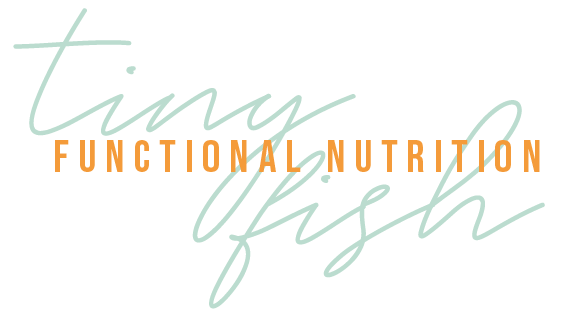Demystifying the HPA Axis: Your Guide to Adrenal Health
Have you ever felt overwhelmed by stress, experienced persistent fatigue, or struggled with mood swings? If so, you're not alone. These symptoms can often be attributed to the complex interplay between the Hypothalamic-Pituitary-Adrenal (HPA) axis and your adrenal glands. Understanding the HPA axis and adrenal health is crucial for achieving a state of well-being and balance. In this article, we'll delve deep into this intricate system and explore ways to support your adrenal health.
The HPA Axis: A Master Regulator
The HPA axis is a vital component of your body's stress response system. It's comprised of three main components: the hypothalamus, the pituitary gland, and the adrenal glands. Here's how it works:
Hypothalamus: This tiny but powerful region in your brain detects stressors and sends signals to the next player in the chain, the pituitary gland.
Pituitary Gland: Often referred to as the "master gland," the pituitary releases adrenocorticotropic hormone (ACTH) in response to the hypothalamus's signal.
Adrenal Glands: These are two small, triangular-shaped glands that sit atop your kidneys. When stimulated by ACTH, they produce and release essential hormones, including cortisol, into your bloodstream.
Cortisol: The Stress Hormone
Cortisol, often dubbed the "stress hormone," plays a pivotal role in the body's response to stress. It helps regulate various physiological processes, including metabolism, immune response, and blood pressure. In times of acute stress, cortisol levels surge, enabling the body to mobilize energy and resources to cope with the situation.
However, chronic stress can lead to prolonged elevations in cortisol, which can take a toll on your adrenal health and overall well-being. Persistent high cortisol levels have been linked to a range of health issues, including:
Fatigue: Long-term stress can lead to adrenal fatigue, characterized by persistent tiredness and reduced energy levels.
Sleep Disturbances: Elevated cortisol levels can disrupt your sleep patterns, making it difficult to fall asleep or stay asleep through the night.
Mood Disorders: Chronic stress is associated with mood swings, anxiety, and even depression.
Weight Gain: Cortisol can influence appetite and lead to weight gain, particularly around the abdominal area.
Supporting Adrenal Health
The good news is that there are steps you can take to support your adrenal health and maintain a well-functioning HPA axis:
Stress Management: Incorporate stress-reduction techniques into your daily routine. This can include mindfulness meditation, yoga, deep breathing exercises, or spending time in nature.
Healthy Diet: Eat a balanced diet rich in whole foods, including fruits, vegetables, lean proteins, and whole grains. Limit processed foods, sugar, and caffeine intake.
Regular Exercise: Engage in regular physical activity to help your body better adapt to stress. Aim for a mix of cardiovascular exercise, strength training, and flexibility exercises.
Adequate Sleep: Prioritize getting 7-9 hours of quality sleep per night. Create a relaxing bedtime routine and keep your sleep environment conducive to rest.
Limit Caffeine and Alcohol: Excessive caffeine and alcohol consumption can disrupt your sleep and stress hormone balance. Use them in moderation.
Hydration: Stay well-hydrated throughout the day by drinking plenty of water. Dehydration can exacerbate stress on the adrenal glands.
Supplements: Consult with a healthcare professional about supplements that may support adrenal health, such as adaptogenic herbs like cordyceps, ashwagandha or rhodiola. But also looking at key minerals and nutrients that your body can thrive on. These are some of my favorite adrenal nourishing products: CordyChi , Relax and Calm or Chill Out Bundle (use code TinyFishCo at Aceva for a little discount)
Understanding the HPA axis and adrenal health is essential for maintaining overall well-being. By adopting a holistic approach that addresses stress management, nutrition, sleep, and lifestyle factors, you can support your adrenal glands and promote a healthier, more balanced life. Remember, it's never too late to take steps toward better adrenal health and a happier, more energized you.


